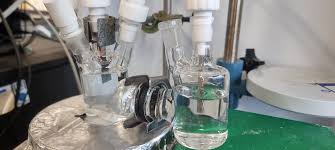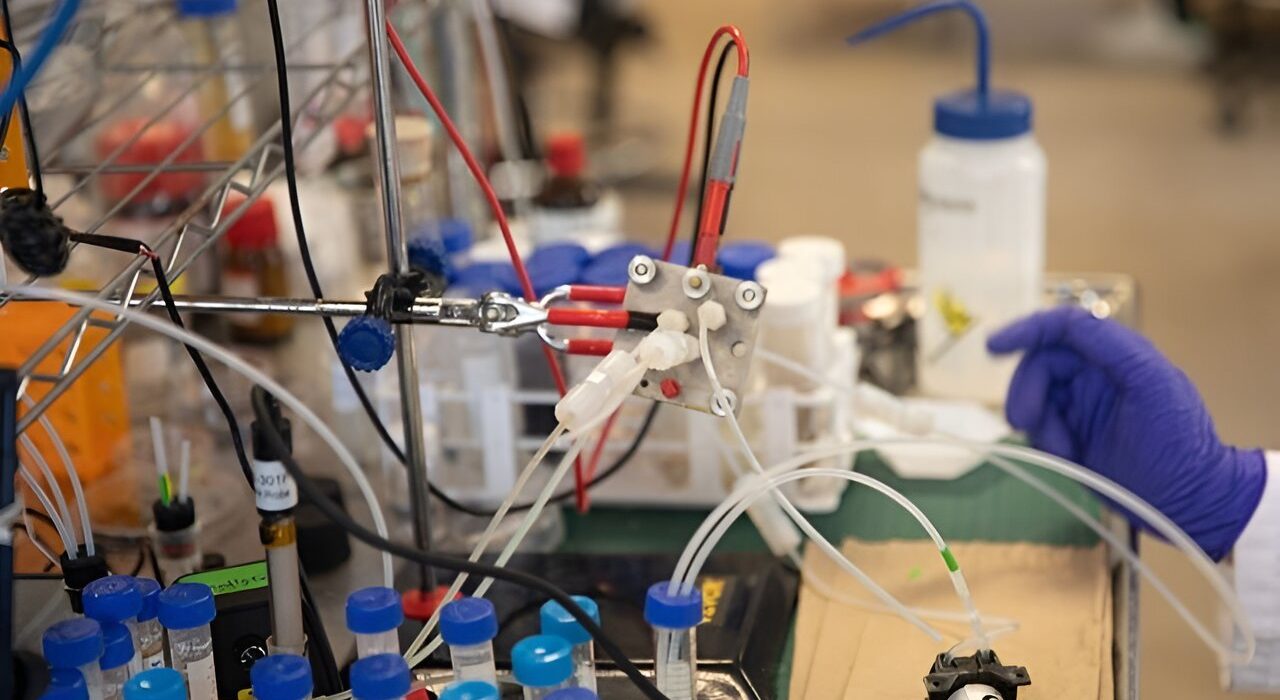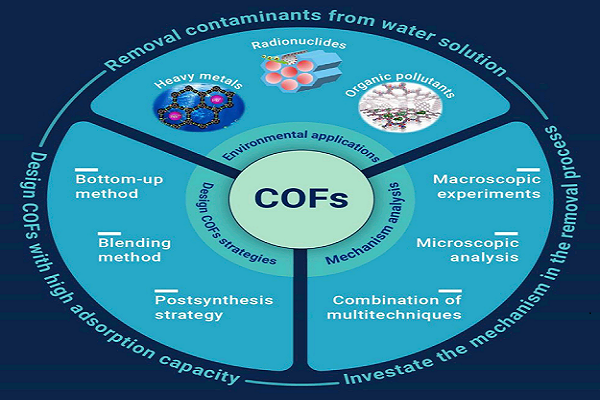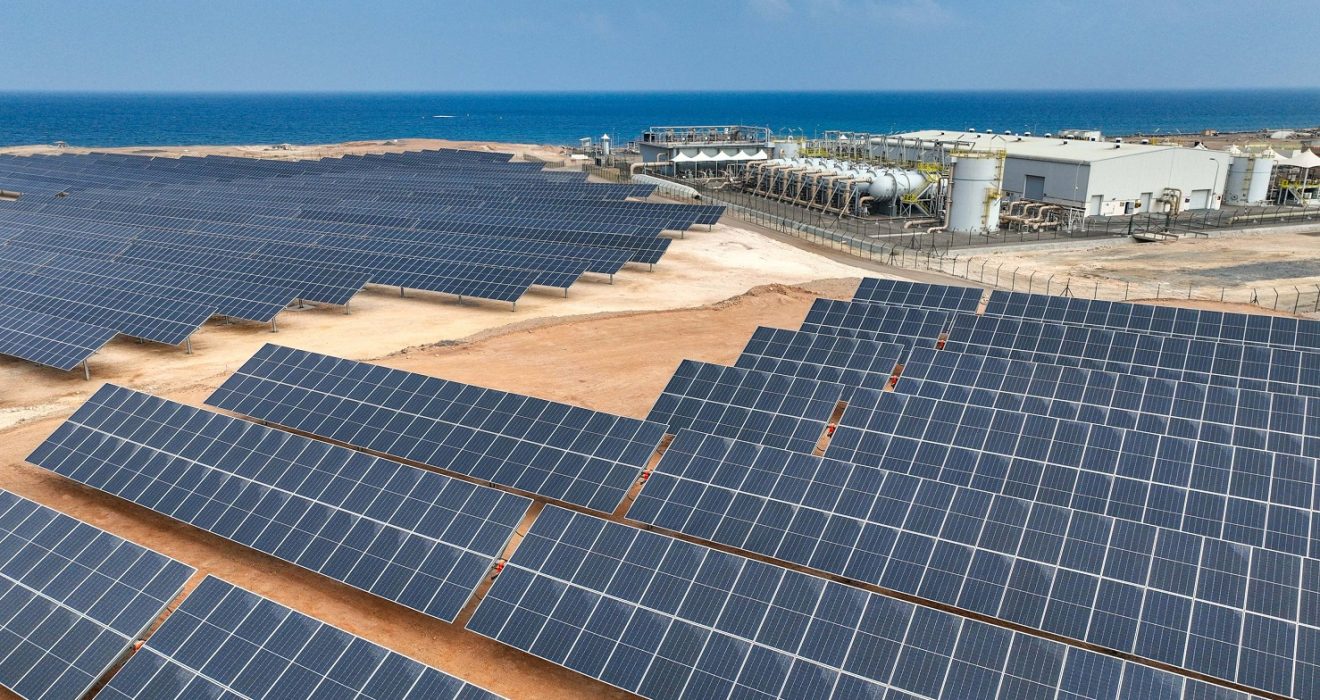As urban temperatures continue high throughout the fall, the need for novel heat-reduction technologies grows. Because of the urban heat island effect, cities frequently have higher temperatures than rural settings, thus researchers are looking at new techniques to keep people cool while they are outside. One interesting solution uses chalk-coated [...]










